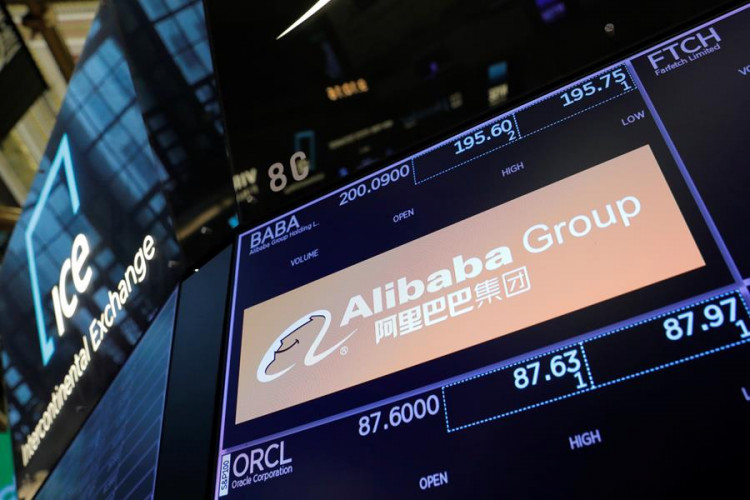Alibaba Group Holding Ltd. is taking a significant step to enhance its appeal to mainland Chinese investors by upgrading its Hong Kong listing to primary status, effective August 28. This strategic move is expected to attract billions of dollars in new investment, marking a critical maneuver for the tech giant amid ongoing challenges in the competitive Chinese market.
The decision, ratified by shareholders as anticipated, will enable Alibaba to participate in the Stock Connect program, a cross-border investment channel that links the Hong Kong Stock Exchange with its counterparts in Shanghai and Shenzhen. This inclusion opens Alibaba's stock to mainland China's 220 million stock investors, a substantial new audience that has been previously untapped due to the company's secondary listing status.
Alibaba, which has been listed in New York since 2014 and in Hong Kong since 2019, has seen its shares underperform compared to key rivals like Tencent Holdings Ltd. The upgrade to a primary listing is seen as a vital step to boost the company's stock performance and liquidity. "It will bring a tailwind to Alibaba's shares for sure, and inject liquidity into the stock," said Dai Ming, a fund manager at Huichen Asset Management in Shanghai.
The company's shares reacted positively to the news, advancing 0.7% to a three-month high of HK$82.20 in Hong Kong, despite the Hang Seng Index, the city's market benchmark, falling by 0.6%. Analysts predict that Alibaba's inclusion in the Stock Connect program could attract up to $12 billion in investments within the first six months, providing a much-needed boost to the company's market capitalization, which has suffered a significant decline in recent years.
Alibaba's journey to this point has been a decade in the making, with the company's founders long desiring to share the firm's capital gains with Chinese investors. "The main reason for us to proceed with the dual primary listing is because we want to tap into the southbound capital flows through the Stock Connect program," said Joe Tsai, co-founder and chairman of Alibaba.
The move comes at a crucial time for Alibaba, which has lost more than 70% of its market capitalization since reaching its peak in October 2020. The company's revenue growth has slowed significantly, with its core e-commerce unit even recording a decline, highlighting the challenges it faces in the highly competitive and regulated Chinese market. The recent upgrade is part of a broader effort by Alibaba to revitalize its business and regain investor confidence.
The conversion to a primary listing is also expected to deepen the involvement of mainland Chinese investors in Hong Kong's $5 trillion stock market, where they already account for about one-third of the daily turnover. Chinese capital is estimated to hold around HK$2 trillion of stocks in Hong Kong, including major companies like Tencent, HSBC, and China Mobile.
However, Alibaba's path forward is not without challenges. The company continues to grapple with stiff competition from rivals like Tencent and budget e-commerce platform operator PDD Holdings. Furthermore, the broader Chinese economy's sluggish retail sales and the ongoing price wars in cloud services have put additional pressure on Alibaba's growth prospects.
Despite these hurdles, Alibaba is taking steps to bolster its stock value, including expanding its share buyback program. In the most recent quarter ending in June, the company spent $5.8 billion buying back its stock, bringing the total buyback amount to $12.5 billion for the fiscal year ending in March 2024.





